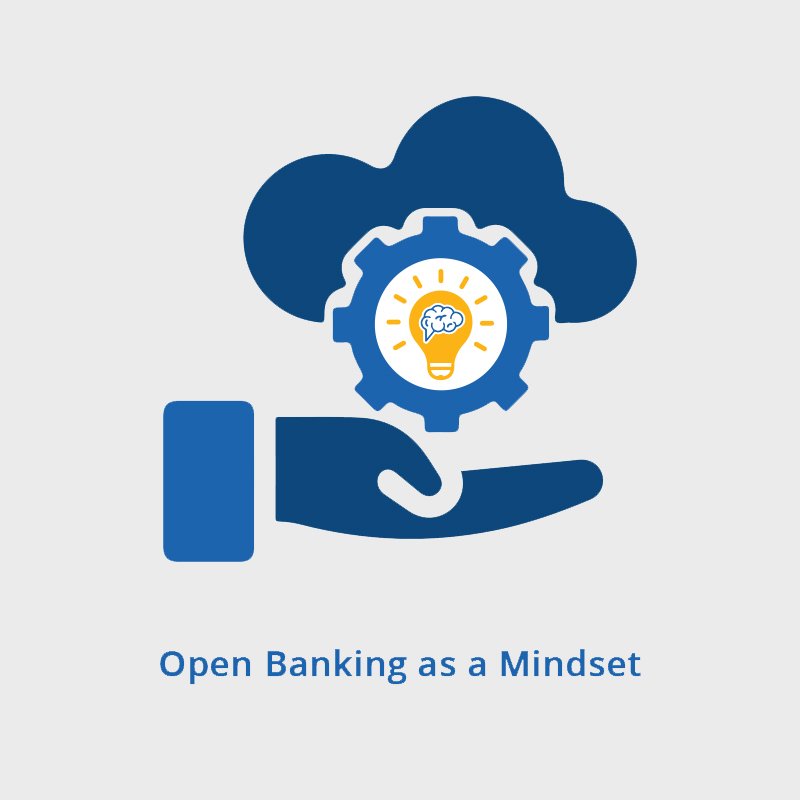open banking in mena: open mindset to be the open banking leader

Nowadays data-savvy consumers driven by their dependency on information and communication technology, present an ever-growing demand for seamless transactions. The wide availability of technological platforms running on cloud-based systems and machine learning, have brought banks around the MENA to a common consensus of driving diversification and continuous innovation to reach a “Martian” goal of open banking.
Open Banking as a Mindset
Financial institutions of all sizes are competing for digital-first consumer demand, aside from technology-driven upgrades, this requires an organizational culture shift towards an open mindset; attracting digital-savvy customers and employees, is a continuous journey of driving collaboration & innovation amongst members of the value chain. Enabling a trusted payment ecosystem powered by open-technology platforms, requires changes in the bank’s core system and building higher consumer trust.
Leveraging Innovative Payment Solutions
The need to stay relevant to the global market place, requires agile development in the scope of operation automation, cybersecurity, & cost-effective financing. For this to be put in practice, banks should leverage the use of Third Part Programs (TPPs), and business as a platform has always been known to match with larger and scalable networks through cloud-computing. Yet for this to work, there should be an accountability for security and trust, as cyberattacks and miscarriage of consumer data are heavily regulated; that’s why banks and regulators find added-value in a reliable register or certification such as Sandboxes or PCI certifications that audit real-time verification of the third party, accessing client data or initiating a financial transaction. Among the first to encourage the open banking revolution in the Middle East is the National Bank of Bahrain, debuting the first regulated open banking platform in MENA, unlocking the opportunity for greater collaboration with local & regional players in the digital payment ecosystem.
Realizing an Open Banking Model for the Local Community
The ever-growing need of contactless payments & digital-first transactions, by digital-savvy consumers is inevitable; with an optimistic avg. 4% increase in payment card penetration across MENA , and a staggering 30% compounded annual increase in the growth of fintech in the payments field in the last 3 years, banks should be uniquely positioned as the main drivers of financial education, as new opportunities in digital payments are unlocked. An honorable to mention life-enhancing financial education program launched in MENA, is “Fakker Maliyan” launched by Byblos Bank , aiming to leverage local digital & traditional communication channels, as well as local universities & educational institutions to identify lack of information in key monetary knowledge and skills; an act of goodwill for the community, and a differentiating factor for the bank, as consumers actively seek financial education from their trusted primary banking institution.